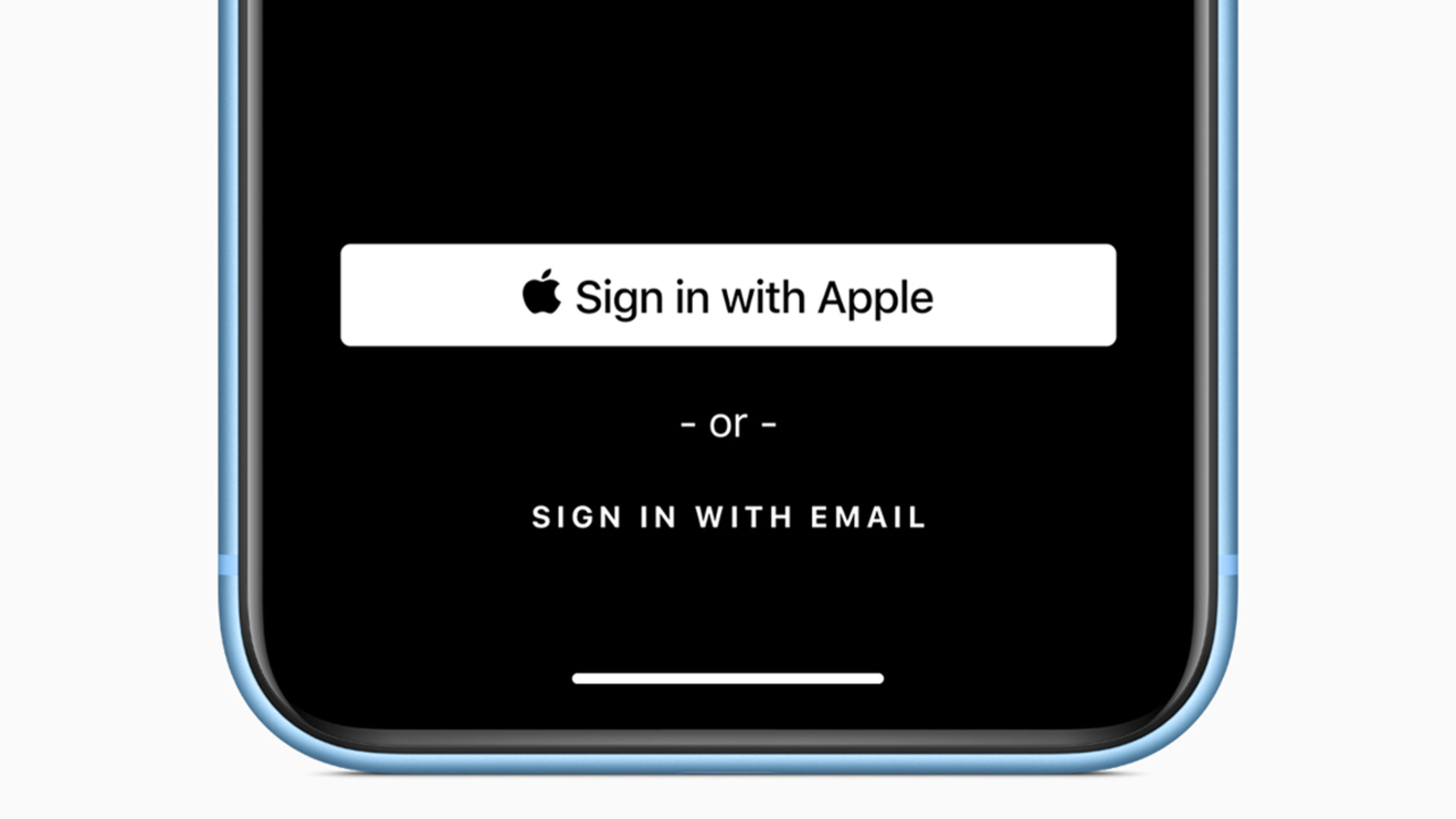Apple has spoken out loudly against rivals like Facebook and Google for abusing user privacy. Now Apple is starting to offer privacy-respecting features to rival their rivals.
At its WWDC developer conference today, Apple announced its own version of the “easy sign-in” button, and its button doesn’t transfer the user’s data behind the scenes to app makers.
Quick sign-in buttons from Facebook and Google let users easily sign into apps and sites without having to enter credentials, but they also siphon the user’s personal information–including email–to the app or site. They can also allow the app maker to track the user around the web.
Apple’s new feature, called “Sign in with Apple,” would actively block apps from collecting user information. Instead of providing an email address to the app, it provides a randomized email that is linked to the real address. And Apple creates a unique random address for each app so the user can shut down communication from apps at any time.
Apple also announced new cross-platform tools that prevent apps from tracking the user’s location. It added the ability to give an app permission to use a location just once, requiring to get permission on each subsequent use.
Some app makers have gotten sneaky about tracking user location–doing things like inferring location using Wi-fi or cellular data. Apple says it’s added new features to iOS that block that activity.
Another new iOS feature detects and sends spam calls directly to voicemail.
Apple also announced some new privacy and security features in its HomeKit home automation framework. Video shot by security cameras are often sent to the cloud where they’re analyzed using computer vision AI. But they’re often sent to the cloud unencrypted, which a could be a privacy exposure. So HomeKit will now send the video to local devices like iPads or HomePods for local processing and encryption.
Another feature lets HomeKit-enabled third-party routers wall off all the smart home devices in the home from the network if a security breach is suspected.
Recognize your brand’s excellence by applying to this year’s Brands That Matter Awards before the early-rate deadline, May 3.
